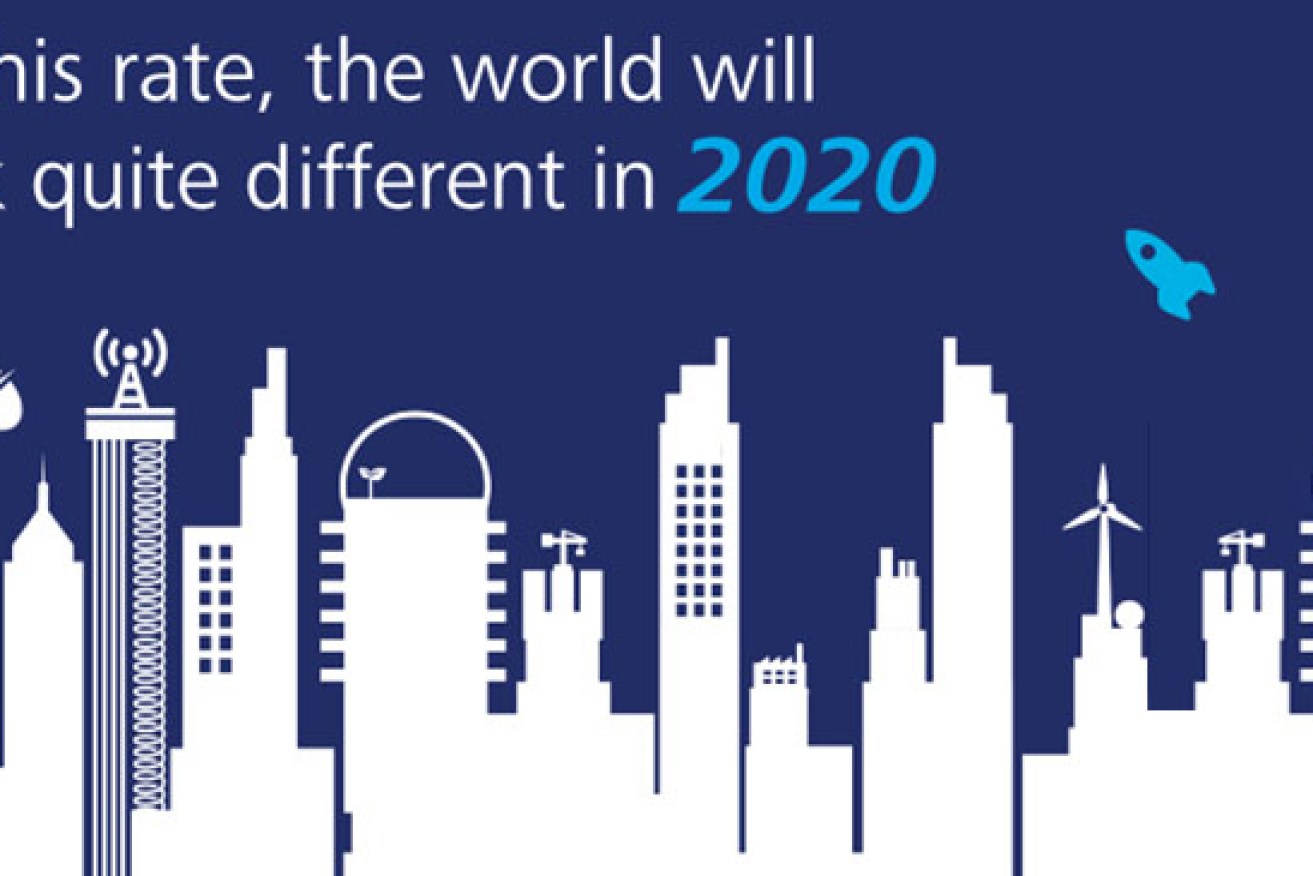
A lot of energy (and column inches) goes into forecasting what the future might look like – and then best preparing for the reality.
This certainly needs to be the case for government and public sector leaders who are constantly grappling with the services they currently deliver to their communities, let alone those they will need to deliver in five, ten or 20 years.
And making sense of the rapidly changing demographic, societal, economic, and technological trends shaping the future – in South Australia, nationally, but also around the world – is more important than ever.
A crystal ball would be great, but the next best thing is a detailed, global expert-led and research-based approach to the future that can start discussions, and then action, on what’s probable, and even more importantly, what’s possible.
To this end, Deloitte has developed a portal – Gov2020 – that is the culmination of an extensive exploration of the drivers that are influencing the likes of education, human services and transport. It draws from a multi-year research program and the insights and forecasts of more than 120 subject matter experts from across the globe and across government, business, academia, and think tanks. We cover nearly 200 trends that we believe will be relevant by 2020, and 36 drivers that influence the way governments operate and serve their citizens.
First and foremost, technology is clearly going to continue to be an incredibly powerful driver of change. Whether it’s driverless cars, increased connectivity, or advanced analytics, technologies are broadening the reach of public services. And they are also disrupting the status quo, so policymakers need to address technological change and harness the opportunities it presents.
More broadly, examples of what 2020 (and beyond) might hold include:
- Governments embracing new approaches to service delivery, creating environments in which innovators thrive and technology-equipped citizens can serve themselves
- Predictive analytics, behavioural psychology and outcome-based regulation translating into smarter decision-making and better governance
- Virtual learning, digitisation and augmented reality (which have already made old definitions of a school classroom obsolete), and evolving learning needs redefining what education means, who delivers it and how
- Healthcare systems shifting their focus to wellness and prevention, with mobile health apps, telemedicine, remote monitoring and ingestible sensors generating rich data streams that allow doctors and patients themselves to track heartbeats, sneezes or symptom in real time
- Rapid advances in social, mobile, analytics, and cloud technologies taking computing to the next level
- Governments tapping community assets and peer-to-peer support programs to augment service delivery
- Behavioural psychology and economics playing a larger role in designing interventions, while outcome-oriented social innovation financing will help scale the programs that work
- Smarter devices resulting in smarter energy choices, and networks of sensors, citizen regulators and conscious consumers working together to monitor and protect the environment
- Rapid urbanisation fuelling innovation and the quest for sustainable and resilient cities
- Sensor-powered dynamic pricing, mobile-enabled collaborative transport models such as ridesharing and social transport apps all helping tackle traffic congestion.
Ultimately, we see government taking a powerful new role in the future – going from problem solver to network integrator. And understanding the possibilities that lie ahead is the first step to successfully navigating them
With Gov2020, we have attempted to shed light on the possibilities.
For more information on how Gov2020 can shed light on the possibilities for your organisation please contact Peter Byrnes on 08 8407 7045 or visit http://government-2020.dupress.com/
Peter Byrnes and Martin Read





